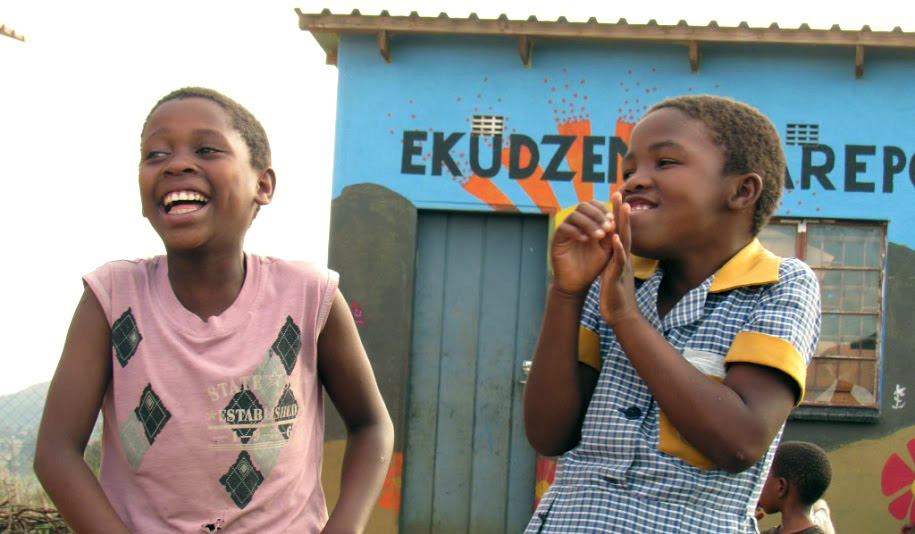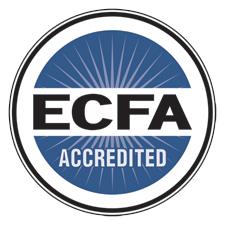It almost always starts with just one voice – an invitation of sorts.
A gorgeous melody begins to infiltrate the air in an expectant way. My body seems to have a knee-jerk reaction … throat tightens, ears strain and eyes gently close. It’s just a normal day at the CarePoint, but I know what’s coming. I’ve heard this before. Maybe not exactly the same tune, but a variation familiar enough that I brace myself for what is about to unfold.
And then, it hits.
With a force that defies what I had thought possible before I ventured to the other side of the world, the chorus of voices – strong, uninhibited and effortlessly harmonized. Bare feet start rocking in perfect unison on the red soil and rhythmic hands intensify the swell of song that surrounds us. I am lost in what I can only describe as a holy moment. Tears are brimming but I do my best to keep them at bay for if anyone noticed- if anyone asked- it would be nearly impossible to explain the turmoil that these moments stir up inside me. I am plagued and perplexed at how these people, who live among such poverty and face hardships beyond my comprehension, can sing boldly with an authentic joy that takes your breath away. Simultaneously I am inspired and ashamed, enlightened and tormented.
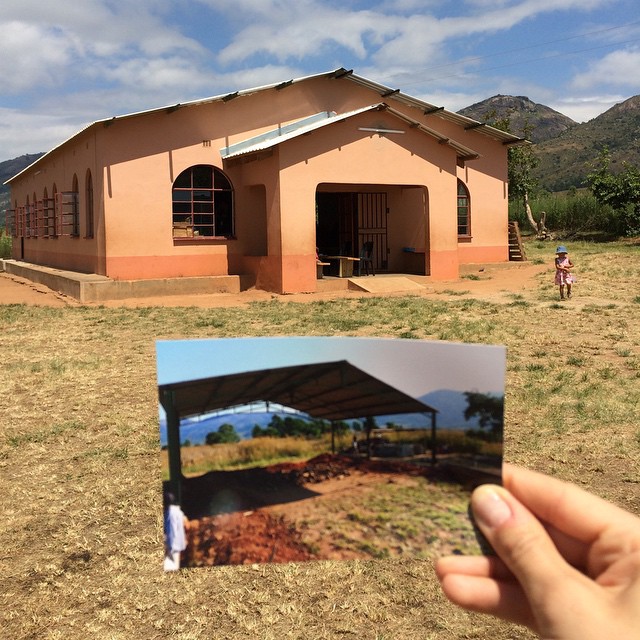
God called me to this tiny nation tucked inside the eastern part of South Africa five years ago. Initially, the knowledge of this country’s unfortunate titles – “Highest HIV/AIDS rate in the World,” “Lowest life Expectancy,” “Nation of Orphans” – seemed reason enough to dive in and try to help in some way, but God continues to reveal unexpected layers of this onion – sometimes joyful and at times, more painful than I would have ever anticipated. The call to serve in Swaziland is not what I expected it to be.
As Americans we have such a rigid idea of what poverty is – lack of food, clothing, water, shelter. Poverty is so much more than that, with a root system so widespread and under the surface, we often fail to identify it, much less deal with it. Initial interactions with the people of Swaziland upheld my preconceived notions of poverty as I held children who were severely malnourished – bellies distended in disturbingly disproportionate ways, hair crunchy from lack of nutrients, lethargic bodies with a look of fear in their eyes. However, as the moments God allowed me to have in Swaziland turned into days, days into weeks and weeks into months, I have learned that poverty extends far beyond what I originally thought.
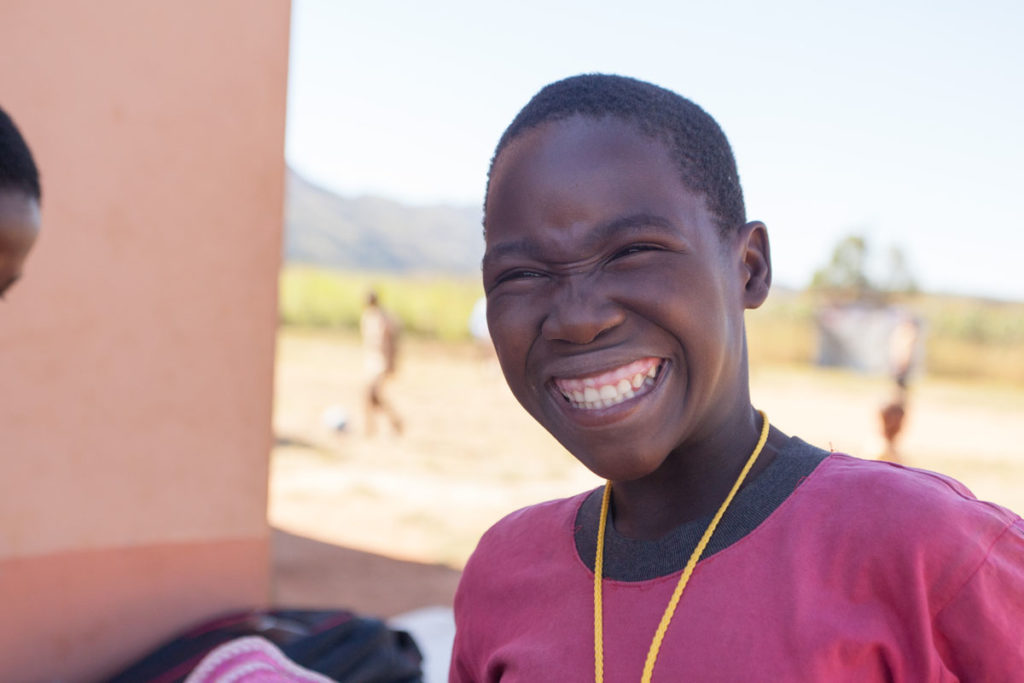
Nestled in a lush rural valley, the people at Ekudzeni Carepoint have welcomed me and others from K2 the Church with open arms over the past three years. They didn’t have to make us feel at home. They didn’t have to patiently teach and coach us through simple Siswati phrases and they certainly didn’t have to extend us grace when we were stumbling through, and sometimes trampling on, Swazi cultural etiquette. But they did.
The bomake (cooking women) at the CarePoint gather firewood and cook large pots of rice and beans that take hours to prepare over a hot fire to feed hundreds of children each day. They choose to do this daily without payment. Despite having very meager resources, they serve others all the while folding God into their work as naturally as breathing.
Children as young as three years old will walk miles, often barefooted, to the CarePoint to receive their one meal for the day. Most of them have lost at least one parent, if not both. They face an uncertain future due to a lack of resources and opportunity. Yet, each day before they receive their meal, they gather together and give thanks to God – hands folded tightly, eyes reverently closed – reciting a staccato version of the Lord’s prayer that is both beautiful and haunting.
By the world’s standards – most of these people have practically nothing – the clothes on their backs and the hope of some type of sustenance each day. By the world’s standards – I am rich – with food stockpiled in my pantry and a closet overflowing with clothes, and that is just the tip of a gluttonous iceberg. Yet, I am NOT the one who breaks out in spontaneous worship, boldly giving thanks for His provision. I am NOT the one who turns almost every conversation back to God’s goodness and promises and truly trusts Him. I am NOT the one who stands on the foundation of memorized scriptures that have been forged into my DNA through walking with Jesus through the “valley of the shadow of death.” I am a self-limiting and immature Christ follower. I cringe at this admission, but it is undeniable to me now.
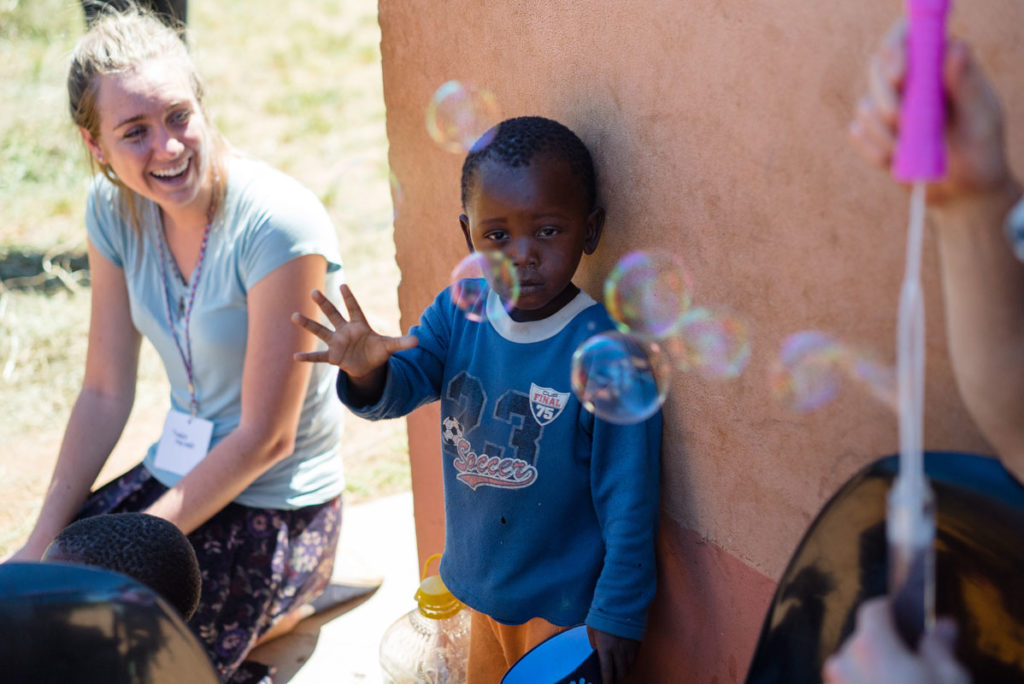
As we continue to send teams from the States to go love on, learn from, and serve alongside the people at Ekudzeni CarePoint, many of our worldviews are being pulverized and then reconstructed brick by brick. Living out James 1:27, “Pure and faultless religion is this: caring for the orphans and widows in their distress and turning your back on the things of this world,” has deeper ramifications than I had anticipated. As we dive deeper into relationship with the Swazis, God sheds a painful light on the deficiencies in our own culture and hearts. Our self-sufficiency has choked God out of our lives. We strive for independence not realizing the joy and freedom of dependence. We have embraced things of this world. I embrace things of this world. The Swazis are often bold in their worship and their focus on Jesus yet delightfully soft spoken and intentionally paced in their everyday conversations. In the States we tend to lean in a different direction – soft spoken about and sometimes embarrassed to worship God and then rushed and distracted during our interactions with others. Everything is a jumbled blur. My compass is completely out of whack – spiritually dizzy. I thought the ACT of caring for the orphans and widows would be what helped me turn my back on the things of this world. I was not anticipating that it would actually BE the orphans and widows who would help teach me this process. The poor are the rich and the rich are the poor. I feel as if the air has been ripped out of my lungs. I am humbled – humiliated, yet there is hope.
When we step across cultural, geographic or comfort boundaries, we are forced to lean on Jesus – not ourselves. When we dare to stand on the edge in situations where we feel completely overwhelmed and ill-equipped, our survival hinges on allowing God to fill in all the gaps. We can never be in God’s mighty wake if we are the ones leading. Taking a blind leap into poverty, serving the orphans and widows, feeding the hungry, sitting in the dirt with others with no motives other than just being present with them – changes everyone involved. Slowly the economy of the Kingdom infiltrates and overtakes the economy of the world. The poor are empowered, the rich are humbled. Perspectives shift, hearts are softened, blinders are ripped off – we begin to realize that without Christ alive and blazing within us, we are all impoverished.
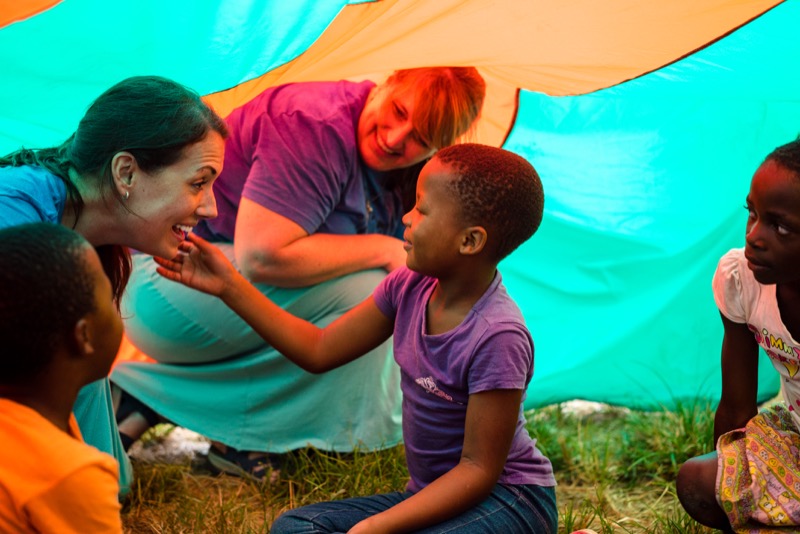
The people at Ekudzeni CarePoint are no longer nameless faces to me. They are my friends and my family, and we know one another by name – Nombulelo, Happy, Saul, Cebsile, Bandile, Zakitsi, Myalo, Veliswa, Lando, Siphesile, Mbuso, Bongani, Mdoli and dozens of others. They have blessed me and taught me so much. The woman who broke the silence in an overcrowded waiting room in one of Swaziland’s HIV/AIDS pediatric care centers, with a melody about Jesus, which led the entire room of children and parent’s to erupt into a unified chorus praising God, despite the reason they were sitting in that room in the first place. She taught me an important lesson: God has given us all an invitation – to say “YES” to Him and follow His lead. It often starts with just one person, one voice, but God can take a person’s bold step of faith and multiply it into a bellowing and beautiful chorus that infiltrates our life and beautifully impacts the lives of those around us. So for now, as the chorus swells with powerful Swazi voices declaring God’s goodness, I will close my eyes, unclench my fists and raise my hands high in full admission of my spiritual poverty. I will choose to soak in the sweet and humbling song God is singing over me, praying that one day, regardless of my circumstances, I too might be able to experience Him fully.
(Originally posted, here.)

